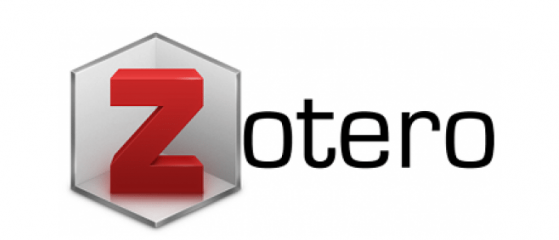Praktik Jual Beli Beras Bantuan Pangan Non Tunai (Bpnt) Di Desa Pangkalan Bemban Kecamata Selakau Perspektif Hukum Islam
Abstract
This research was motivated by the practice of buying and selling Non-Cash Food Assistance (BPNT), namely in the form of rice, which was carried out between E-Warong and KPM in Pangkalan Bemban Village, Selakau District. KPMs who sell rice are burdened with the requirement to spend all the money from selling rice to stalls. KPM often complains about these requirements. This is because KPM cannot get money or buy other necessities apart from the goods available at the shop. The formulation of the problem in this research is: What is the practice of buying and selling Non-Cash Food Aid (BPNT) in Pangkalan Bemban Village, Selakau District and what is the perspective of Islamic law on the practice of buying and selling Non-Cash Food Aid (BPNT) in Pangkalan Bemban Village, Selakau District. This research method uses a type of qualitative research with field research characteristics. Meanwhile, this research uses a sociological normative approach. The data collection techniques used are based on interviews and observations in the field, which in this research focuses on a case intensively and in detail regarding the situation in question. Based on the results of research in the field, it can be concluded that the implementation of buying and selling transactions for Non-Cash Food Assistance (BPNT) in Pangkalan Bemban Village, Selakau District was carried out by E-Warong and the Beneficiary Families (KPM), the KPM who carried out the rice sales were given conditions by E -Warong to spend all the money from selling rice at the stall. The practice of buying and selling BPNT rice with conditions from an Islamic legal perspective is permitted because the conditions proposed by the buyer are not binding and the seller is free to choose whether to continue the transaction or not. In this transaction the buyer is not obliged to sell the rice to E-Warong, so there is no element of coercion.
References
Asyura, dkk. (2021). Multi Level Marketing Syariah di Indonesia dalam Perspektif Maqashid Syariah, Yogyakarta: Deepublish.
Chaudry. Sistem Ekonomi Islam: Prinsip Dasar, (2012). Jakarta: Prenada Media Grup.
Fathoni, Abdurrahman. (2006). Metode Penelitian dan Teknik Penyusunan Skripsi, Jakarta: PT Rineka Cipta.
Ghazaly, Abdul Rahman dkk. Fiqh Muamalah. Jakarta: Kencana, 2010.
Haroen, Nasrun. Fiqh Muamalah. Jakarta: Gaya Media Pratama, 2007.
Hermawan, Iwan. (2019). Metodologi Penelitian Pendidikan Kualitatif, Kualitatif dan Mixed Methode, Kuningan: Hidayatuh Quran Kuningan.
Hidayat, Enang . Fiqh Jual Beli, (2015). Bandung: PT Remaja Rosdakarya.
Kementerian Agama Republik Indonesia, Al-Qur’an dan Terjemahnya, (2019). Jakarta: Departemen Agama Republik Indonesia.
Kementerian Agama Republik Indonesia. (2019). Al-Qur’an dan Terjemahnya, Jakarta: Departemen Agama Republik Indonesia, 2019.
Masud, Ibnu. (2007). Fiqih Mazhab Syafi’i, Bandung: Pustaka Setia.
Peraturan Menteri Sosial Republik Indonesia Nomor 11 Tahun 2018 tentang Penyaluran Bantuan Pangan Non Tunai.
Rifai, (2012). Kualitatif: Teori, Praktek dan Riset Penelitian Kualitatif Teologi, Sukoharjo: Born With & Apos Publishing.
Rozalinda, (2017). Fiqh Ekonomi Syariah Prinsip dan Implementasi pada Sektor Keuangan Syariah, (Jakarta: Rajawali Pres.
Sabiq, Sayyid. (2010). Fiqh Sunnah, Jakarta: Pena Pundi Aksara.
Saifullah, (2008). Etika Jual Beli dalam Islam, Jurnal Studia Islamika, Vol. 11, No. 3, 376.
Siyoto, Sandu dan Ali Sodik. (2015). Dasar Metodologi Penelitian, Yogyakarta: Literasi Media Publishing.
Zakariah, Askari, dkk. (2020). Metodologi Penelitian Kualitatif, Kuantitatif, Action Research, Research and Development, Kolaka: Yayasan Pondok Pesantren Al Mawaddah Warrahmah Kolaka.









